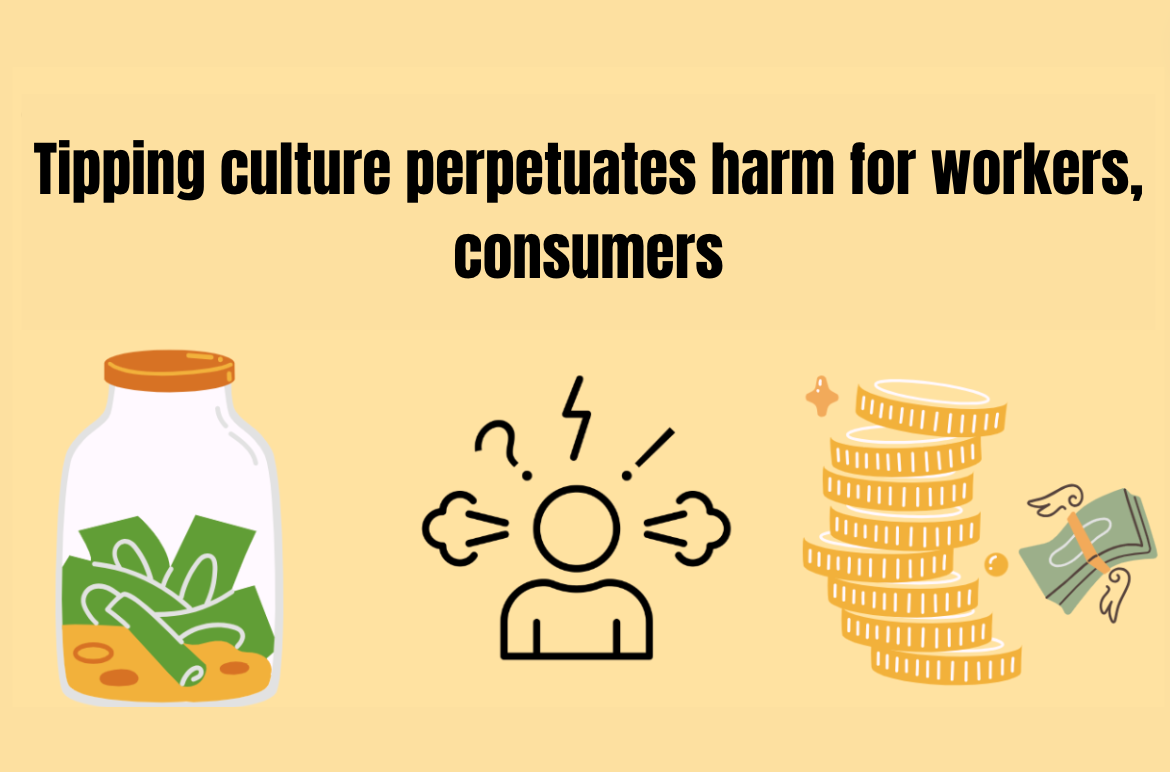Recently, a teacher recommended that I read Infidel by Ayaan Hirsi Ali. Hirsi Ali, who is Somalian born and was raised strictly abiding to Islamic culture, became a refugee in Holland in 1992 in order to escape from an arranged marriage to a man she had never met.
Five years later, Hirsi Ali became a Dutch citizen and eventually rejected the values placed on her by her Somalian culture and the values of Islam, which she believed plagued her as she grew up in Saudi Arabia, Kenya and Ethiopia.
From Hirsi Ali’s perspective, she saw Islam as an oppressive force on women. She detailed this idea in her memoir when she wrote, “many well-meaning Dutch people have told me in all earnestness that nothing in Islamic culture incites abuse of women… In reality, these Westerners are the ones who misunderstand Islam. The Qu’ran mandates these punishments.”
I began thinking about what Hirsi Ali wrote in her book and was stunned. Many people practice Islam, but what I realized she was saying in her book is that when any religion is interpreted so strictly, suffering can occur. This in no way strictly abides to Islam, however, in this case, Hirsi Ali saw that Islam practiced strictly and making one’s life shaped by the Qu’ran, can often lead to degradation of women.
To a certain extent, I agree with Hirsi Ali. I began researching Sharia Law in the U.K. as part of an internship this past year. Sharia Law is an Islamic legal system and what I found shocked me. According to a report by Civitas there are approximately 85 Sharia Councils in the U.K., which act separately from British law. These Councils offer advice to Muslims regarding various aspects of their lives, but the predominant amount of cases these councils receive are on marriage, or nikah.
Upon looking into the niqab further, I realized the discrepancies of this law for men and women. For example, the Islamic Sharia Council, which operates in the U.K., holds very different guidelines for divorce if a male is applying versus a female. They state on their website, “The right to divorce in Islam is primarily given to the husband.”
The idea of marriage under Islamic law versus British Civil Law undeniably clash in this case. If a woman does not have equal right to divorce as a male does, how is this allowed to operate alongside British civil law or any legal system in a democratic like the U.K.’s?
Recognizing this problem, when Hirsi Ali was elected to Dutch Parliament, she worked to obtain refugee status for women who had Islamic marriages and wanted to escape them, but were in fear of being shunned by their family if they did choose to leave these marriages.
As her views toward Islam continued to evolve, Hirsi Ali decided to collaborate with filmmaker Theo Van Gogh to make a ten minute film titled “Submission: Part One” to detail the repressive treatment of women under Islam. Van Gogh was later murdered by a Moroccan man in response to this film, showing the often harsh line drawn between freedom of speech (a Dutch and generally Western value) and the strict interpretation of certain religions.
The problems with Sharia Councils and the death of Van Gogh highlight a greater issue in current western society. From my perspective and what Hirsi Ali illustrated in her writing, is the constant battle between freedom of speech, equal rights despite gender and the strict interpretation of religion. In some cases, these cannot all exist in harmony; there will be a clash.
At this time, I continue to try to understand Hirsi Ali’s ideas and how we, as a society, can make a distinction between religion, an important aspect of many people’s lives and western values.
Where is the line to be drawn between extremist thinking infringing upon the values of a democratic society? It’s a tough question to grapple with, but it is of the utmost importance as a wave of radical thinking has begun to appear in European countries.







